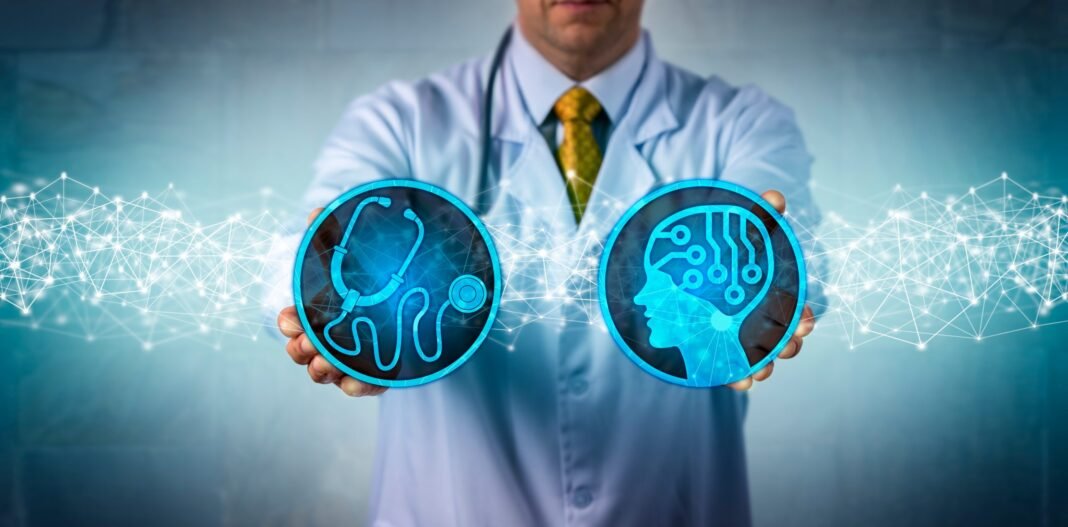The field of healthcare is experiencing a revolution fueled by breakthrough technologies and trends in medical science. This article explores the transformative impact of these advancements, highlighting the innovative technologies and trends that are shaping the future of healthcare and improving patient outcomes.
Digital health and telemedicine are revolutionizing the way healthcare is delivered. Telemedicine enables remote consultations and virtual healthcare services, allowing patients to receive medical advice and treatment without the need for in-person visits. Digital health platforms and mobile health applications empower individuals to monitor their health, access medical information, and engage in self-care.
Precision medicine is transforming healthcare by tailoring medical treatments to individual patients. It involves using advanced diagnostics, genetic profiling, and molecular analysis to identify personalized treatment approaches. Precision medicine allows for targeted therapies, reducing adverse effects and increasing treatment efficacy.
Artificial intelligence (AI) is playing a significant role in healthcare innovation. Machine learning algorithms and AI-powered analytics enable faster and more accurate diagnoses, assist in medical imaging interpretation, and support clinical decision-making. AI-driven chatbots and virtual assistants are also being utilized to enhance patient engagement and provide personalized healthcare information.
Genomics is unlocking new possibilities in healthcare. The ability to sequence and analyze an individual’s DNA provides valuable insights into disease susceptibility, genetic predispositions, and personalized treatment options. Genomic medicine is driving advancements in areas such as cancer treatment, rare genetic disorders, and pharmacogenomics.
Wearable devices are gaining popularity in the healthcare industry. These devices, such as smartwatches and fitness trackers, monitor vital signs, activity levels, and sleep patterns, providing individuals with real-time health data. This information can aid in preventive care, early detection of health issues, and support disease management.
Healthcare data analytics and interoperability are improving healthcare delivery and patient outcomes. The integration and analysis of large datasets enable population health management, predictive modeling, and the identification of trends and patterns. Data sharing and interoperability facilitate seamless communication among healthcare providers, improving care coordination and reducing medical errors.
Challenges in healthcare innovation include data privacy and security, regulatory compliance, and equitable access to technology. Efforts are being made to address these challenges and ensure responsible and ethical use of healthcare technologies.
Breakthrough technologies and trends in medical science are revolutionizing healthcare. Digital health, telemedicine, precision medicine, AI, genomics, and wearable devices are transforming how healthcare is delivered and personalized for individuals. As these innovations continue to evolve, the future of healthcare holds immense promise for improved diagnostics, treatments, and patient-centered care.




